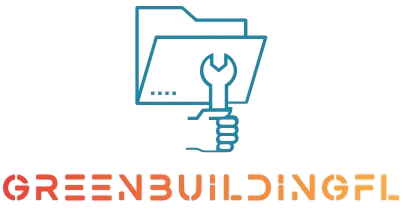How to Conduct a Post-Project Review
A post-project review is a crucial process that helps teams evaluate what went well and what could be improved for future projects. This review provides valuable insights into the project’s successes and challenges, enabling teams to enhance their practices and achieve better outcomes. Here’s a detailed guide on how to conduct an effective post-project review.

Prepare for the Review
Before the review meeting, gather all relevant project documentation, including project plans, progress reports, and performance metrics. Ensure that all team members involved in the project are invited to the review. This preparation helps in having a comprehensive discussion and ensuring that all perspectives are considered.
Set Clear Objectives
Define the objectives of the post-project review. These might include assessing project outcomes against initial goals, identifying lessons learned, and determining areas for improvement. Clearly articulated objectives will guide the review process and keep discussions focused.
Schedule a Review Meeting
Organize a meeting with all key stakeholders, including project team members, clients, and any other relevant parties. Choose a time that accommodates everyone’s schedule and allocate sufficient time for a thorough discussion. Consider using a structured agenda to keep the meeting organized and on track.
Discuss What Went Well
Begin the review by discussing the positive aspects of the project. Highlight the achievements, successful strategies, and any innovations that contributed to the project’s success. Recognizing these positives helps in reinforcing effective practices and boosting team morale.
Identify Challenges and Areas for Improvement
Next, address the challenges faced during the project and any areas that did not meet expectations. Analyze what went wrong and why, considering factors such as communication issues, resource constraints, or unforeseen risks. This honest assessment is crucial for learning and growth.
Gather Feedback from the Team
Encourage open and honest feedback from all team members. Create a safe environment where everyone feels comfortable sharing their thoughts. Use surveys, anonymous feedback forms, or direct discussions to gather diverse perspectives on the project’s execution.
Document Lessons Learned
Compile the lessons learned from the review into a formal document. Include actionable insights, best practices, and recommendations for future projects. This document serves as a valuable resource for improving processes and preventing similar issues in the future.
Develop an Action Plan
Based on the feedback and lessons learned, develop an action plan to address identified issues and implement improvements. Assign responsibilities for each action item and set deadlines for follow-up. This plan ensures that the insights gained from the review lead to tangible changes.
Follow Up
Monitor the implementation of the action plan and evaluate its effectiveness over time. Schedule follow-up meetings to review progress and make any necessary adjustments. Continuous improvement is an ongoing process that requires regular assessment and adaptation.
Review Project Documentation
Examine the project documentation, including schedules, budgets, and scope changes. Analyze how well the documentation was managed and how it impacted the project. This review helps in identifying any gaps in documentation practices and improving them for future projects.
Evaluate Client Satisfaction
Gather feedback from the client or end-users regarding their satisfaction with the project outcomes. Understanding the client’s perspective can provide insights into how well the project met their needs and expectations. This feedback is valuable for maintaining strong client relationships and improving service quality.
Conclusion
Conducting a post-project review is essential for learning from past experiences and improving future projects. By preparing thoroughly, setting clear objectives, and gathering comprehensive feedback, teams can identify successes and areas for improvement. Documenting lessons learned and developing actionable plans ensure that insights lead to tangible changes. Regular follow-ups, assessments of team performance, reviews of documentation, and evaluations of client satisfaction further enhance the review process. Embracing these practices helps teams grow, refine their processes, and achieve better results in future projects.



